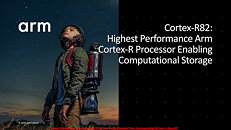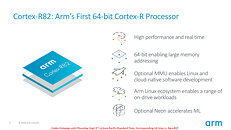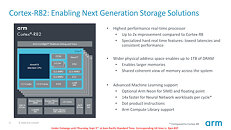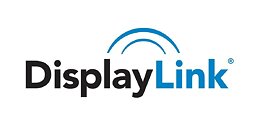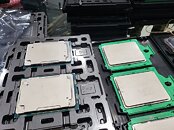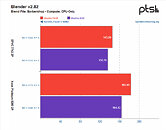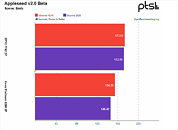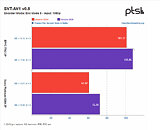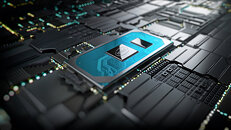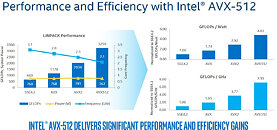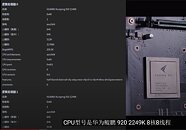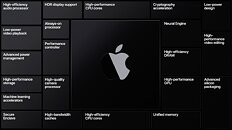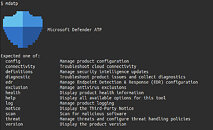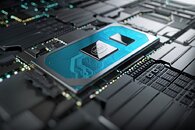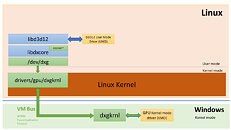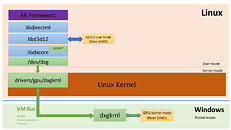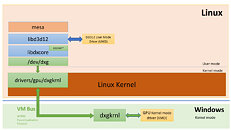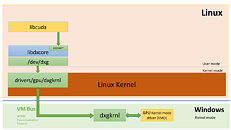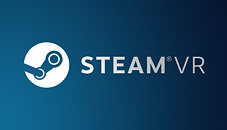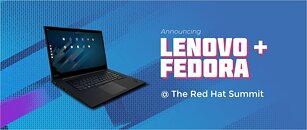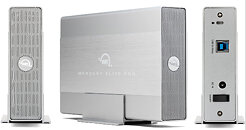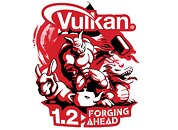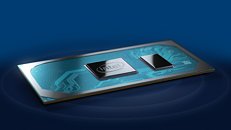
Arm Announces Cortex-R82: The First 64-bit Real Time Processor to Power the Future of Computational Storage
There is expected to be more than 79 zettabytes of IoT data in 2025, but the real value of this data is found in the insights it generates. The closer to the data source we can produce these insights the better, because of the improved security, latency and energy efficiency enabled. Computational storage is emerging as a critical piece of the data storage puzzle because it puts processing power directly on the storage device, giving companies secure, quick and easy access to vital information.
Our expertise and legacy in storage puts Arm in a strong position to address the changing needs of this market - with around 85% of hard disk drive controllers and solid-state drive controllers based on Arm, we are already a trusted partner for billions of storage devices. Today, we're announcing Arm Cortex-R82, our first 64-bit, Linux-capable Cortex-R processor designed to accelerate the development and deployment of next-generation enterprise and computational storage solutions.
Our expertise and legacy in storage puts Arm in a strong position to address the changing needs of this market - with around 85% of hard disk drive controllers and solid-state drive controllers based on Arm, we are already a trusted partner for billions of storage devices. Today, we're announcing Arm Cortex-R82, our first 64-bit, Linux-capable Cortex-R processor designed to accelerate the development and deployment of next-generation enterprise and computational storage solutions.
